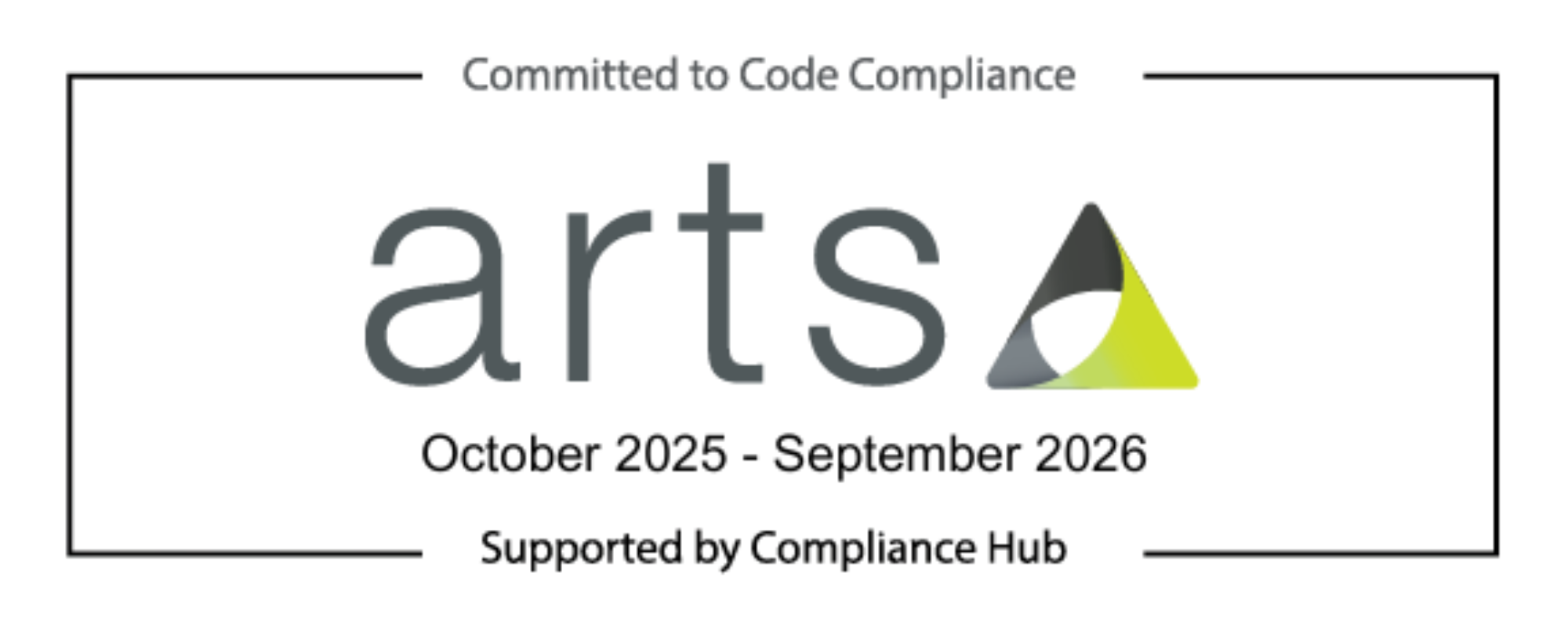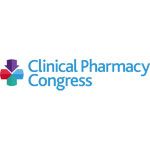An Interview with Neetu Bansal
)
1. Please could you start by telling us a bit about your career and journey so far?
I have been very fortunate to have a varied career to date. Upon graduation back in 2002 from the University of Manchester, I embarked on a career as a hospital pharmacist and have enjoyed all the experience I have gained, from working in different medical and surgical specialities and within large multidisciplinary teams. I undertook the postgraduate Clinical Diploma as a junior pharmacist, and later on in 2009 pursued the independent prescribing course and a fast track Masters in Advanced Pharmacy Practice.
I have always been fascinated by research so I applied to the National Institute of Health and Care Excellence (NICE) Scholars programme in 2014, and was absolutely delighted to be the first pharmacist in the country to secure a place on the programme. As a NICE Scholar, I undertook a quality improvement project investigating the impact of pharmacist involvement in enhanced recovery pathways. Recognising the benefits of research on patient care, I realised I wanted to pursue this further and gain a more formal research qualification. In 2015, I secured a place on the NIHR funded Masters in Clinical research programme which helped me to develop my research skills. In 2020, I secured a NIHR funded Clinical doctoral research fellowship focused on the important topic of ensuring appropriate opioid use in surgical patients. In addition, I have also been appointed as an honorary clinical lecturer at the School of Pharmacy in Manchester, co-chair of the UKCPA surgery and theatres committee and more recently have been appointed as acute pain lead of the UKCPA Pain committee.
2. What are you most proud of?
Following the quality improvement project I undertook as a NICE scholar, I set up a service within my trust focused on medicines optimisation prior to surgery, with the overall goal of ensuring patients co-morbidities were appropriately managed to reduce the risk of post-operative complications. The service has proven to reduce length of stay and improve patient experience and this model has been adopted by various NHS organisations – an initiative I am very proud of particularly in these current challenging times where surgery waiting lists are on the rise.
3. What has been one of your biggest professional challenges and how did you overcome it?
I have always felt the pharmacy career pathway is not as well-structured in terms of progression as that of our medical colleagues and we as a profession often need to prove ourselves which has been a professional challenge for me. I have overcome this by navigating my own career pathway and always looking for new opportunities. I was one of the first pharmacists to undertake the RPS faculty credentialing when it was introduced.
4. What piece of advice would you give your younger self?
Never be afraid of challenging ways of working and always think outside the box – ask lots of questions!
5. What is something you would like others to know? For example, a piece of advice you would like to give women that are at the start of their pharmacy career
Pharmacy is a great profession with lots of great opportunities and has changed so much in the last few years. Embrace your career, be ambitious and don’t underestimate your abilities! Have a vision on where you would like to be in the future and work towards this.


 London
London


